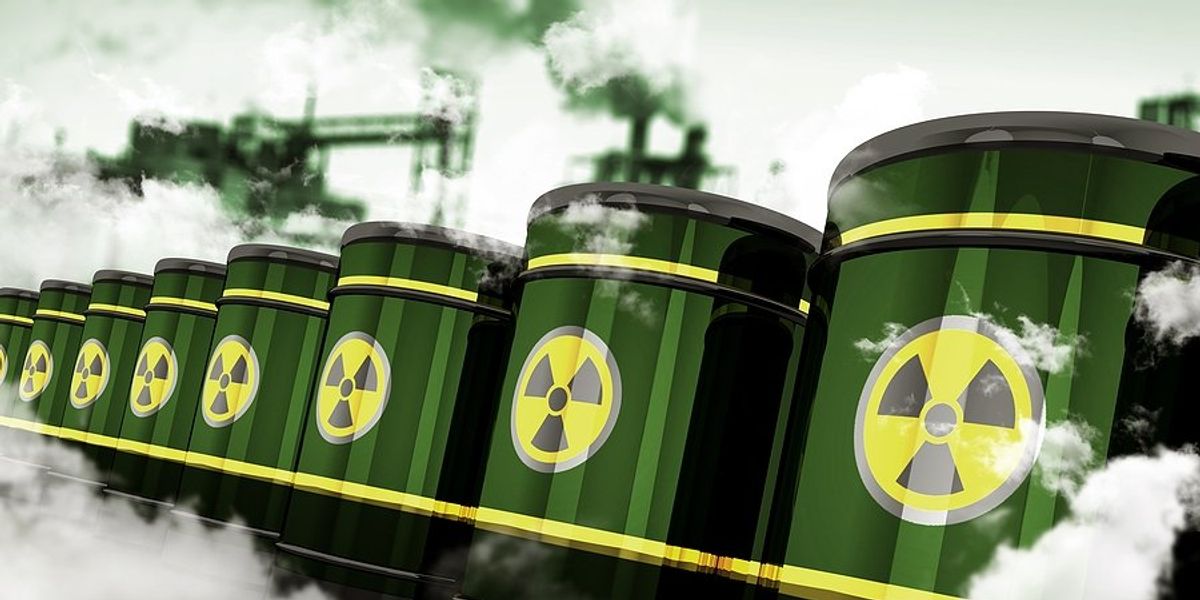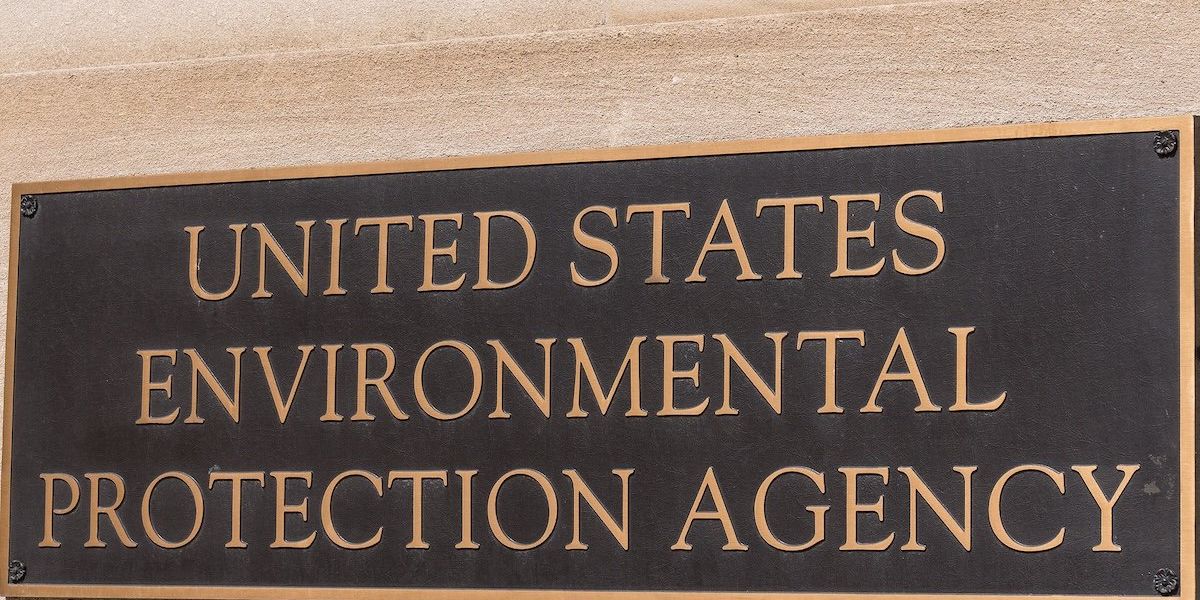smoke
Wildfires increase risk to pregnant people, but public health response lags
Wildfires pose severe risks to pregnant people, but a new report reveals that public health officials are failing to adequately warn and protect vulnerable populations.
In short:
- Pregnant people are at risk of low birth weight and preterm birth from wildfire exposure, yet public health warnings are insufficient.
- Vulnerable groups, like the unhoused and non-English speakers, lack access to vital safety measures, such as air filters.
- Health providers report a lack of guidance on wildfire-related risks, forcing them to rely on their own research.
Key quote:
“While we know that wildfires are continuing to intensify in the US, and we’re increasingly clear on what damages wildfires represent to maternal and newborn health, we’re still not seeing the kind of response from policymakers and public health officials that we need.”
— Skye Wheeler, researcher at Human Rights Watch
Why this matters:
Wildfires, exacerbated by climate change, increase health risks for pregnant people, with long-term impacts on maternal and newborn health. Immediate action is needed to protect vulnerable communities.
Related EHN coverage:
Canadian wildfire smoke creates severe air pollution in New Jersey
A Rutgers study reveals that wildfire smoke from Canada in 2023 caused dangerous air pollution in New Jersey, particularly impacting vulnerable communities.
In short:
- Rutgers researchers found that wildfire smoke caused hazardous air quality in New Jersey on June 7, 2023.
- Vulnerable communities, particularly those lacking air conditioning, were at heightened risk from the pollution.
- The study suggests ongoing concerns due to the unique chemical composition of the smoke particles.
Key quote:
“We’re worried we don’t know enough about the composition [of these particles] to understand the full implications.”
— José Guillermo Cedeño Laurent, director of Rutgers CARE Lab
Why this matters:
Wildfire smoke poses a growing health threat as climate change increases the frequency and intensity of fires. The chemical composition of the smoke particles could have long-term health impacts, especially for those in disadvantaged communities.
Related EHN coverage:
Wildfire smoke may harm IVF outcomes in affected areas
Women undergoing IVF in regions impacted by wildfires may face challenges in conception due to exposure to poor air quality, according to a study from Oregon Health & Science University.
In short:
- A study linked wildfire smoke with reduced effectiveness of IVF treatments, particularly in producing blastocysts.
- Researchers observed these effects in women undergoing IVF during the 2020 Oregon wildfires.
- The study suggests using air filtration and protective measures for women in wildfire-prone areas.
Key quote:
“Minimizing exposure as much as possible is probably best, not just for reproduction, but for all facets of health.”
— Dr. Molly Kornfield, assistant professor of reproductive endocrinology and infertility at the OHSU Center for Women’s Health
Why this matters:
As wildfires become more frequent, understanding their impact on health, including fertility, is vital. This research highlights the importance of mitigating poor air quality for better reproductive outcomes.
Related EHN coverage:
Wildfires expose farmworkers to dangerous smoke as climate change intensifies
A new study reveals that climate change-driven wildfires are subjecting farmworkers to hazardous air pollution, with many continuing to work in unsafe conditions out of economic necessity.
In short:
- Farmworkers in Sonoma County, California, worked through dangerous wildfire conditions in 2020, inhaling toxic smoke with little protection.
- Researchers found that air quality monitors and emergency protocols failed to safeguard workers during the fires.
- Many farmworkers, especially those lacking legal status, face increased health risks without adequate protections or health coverage.
Key quote:
"We always expose ourselves to danger out of necessity, whether by fire or disaster, when the weather changes, when it’s hot or cold."
— Maria Salinas, farmworker
Why this matters:
As wildfires worsen with climate change, farmworkers—essential to the food supply—are increasingly vulnerable to health risks from toxic smoke exposure, highlighting the need for better protections as a matter of both food security and climate justice.
Related EHN coverage:
Wildfires in North America are burning fiercely this year
Wildfires are scorching North America, with more than 28,000 fires burning 4.5 million acres in the U.S. alone, far surpassing previous years' averages.
In short:
- As of August 3 nearly 90 large wildfires are active in the U.S., mostly in the Pacific Northwest and California, while Canadian wildfires have scorched nearly 7 million acres.
- Extreme heat and climate change are extending fire seasons beyond typical summer months, with fires possibly burning through November.
- Firefighters are struggling to manage the numerous fires, with significant smoke affecting air quality across North America.
Key quote:
“There are some genuine ecosystem benefits to having the fires burn, but we haven’t figured out what to do about the smoke exposure.”
— Chris Field, a professor at the Woods Institute for the Environment at Stanford
Why this matters:
The intensity and frequency of wildfires are increasing due to climate change, affecting ecosystems and human health. Smoke from these fires degrades air quality, posing health risks across vast regions.
Wildfires in Canada bring health concerns with persistent smoke exposure
Increased frequency and intensity of wildfires in Canada pose significant long-term health risks due to persistent smoke exposure.
Stephanie Cleland and Ryan W. Allen write for The Conversation.
In short:
- Wildfires in Canada have increased by 220% over the last two decades, threatening air quality.
- Long-term exposure to wildfire smoke is linked to premature death, reduced lung function and increased cancer risks.
- Persistent smoke exposure also affects cognitive function and prenatal health.
Why this matters:
Chronic exposure to wildfire smoke can lead to a variety of long-term respiratory issues. Conditions such as asthma and chronic obstructive pulmonary disease can be exacerbated, leading to more frequent and severe attacks. Even those without pre-existing conditions can develop new respiratory problems after prolonged exposure to these harmful pollutants. For vulnerable populations like children, the elderly and individuals with pre-existing health conditions, the risks are even higher.
Smoke from wildfires increases risk of dementia more than other pollution
Wildfire smoke poses a greater risk of dementia than other types of air pollution, according to a new study.
In short:
- PM2.5 pollution from wildfire smoke is more harmful to brain health than other sources of pollution.
- A study of over 1.2 million people in Southern California showed a significant increase in dementia risk from wildfire smoke.
- The Alzheimer’s Association urges policy changes to prevent wildfires and reduce exposure.
Key quote:
“Air pollution produced by wildfires now accounts for more than 70% of total PM2.5 exposure on poor air quality days in California. This is a real problem.”
— Dr. Holly Elser, neurology resident at the Hospital of the University of Pennsylvania
Why this matters:
With the increasing frequency of wildfires, understanding their impact on brain health is vital. Effective policies and personal precautions can help mitigate these health risks.
Related EHN coverage:



















